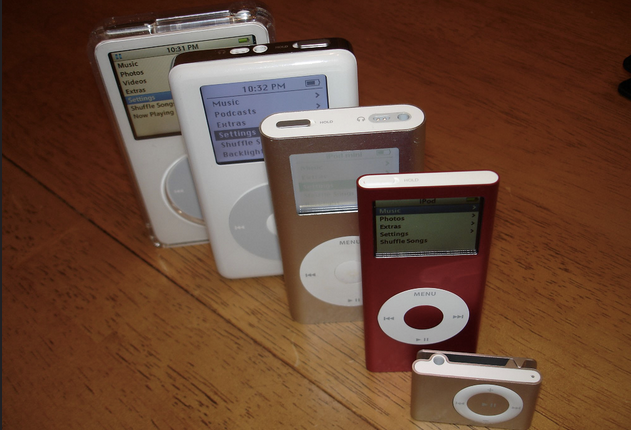Jury: Apple iTunes, iPod Restrictions Don’t Constitute Monopoly
A long-running court battle over alleged antitrust issues involving Apple’s iPod and iTunes store came to an end today after a jury determined that the company did not act improperly when it restricted music purchases starting in 2006.
The San Jose Mercury News reports that the billion-dollar class-action lawsuit was put to rest when an eight person jury rejected plaintiffs’ claims that Apple sidelined competitors and hiked prices during the glory days of the iPod.
Plaintiffs in the case, which covered nearly 8 million individuals and businesses that purchased iPods from September 2006 to March 2009, argued that Apple orchestrated a digital music monopoly by restricting music downloads on the iPod to those made through the iTunes store.
Specifically, the group pointed to the fact that the iTunes 7.0 update blocked RealNetwork’s Harmony, a program that previously let users download music to their iPods.
By blocking RealNetwork and similar programs, the plaintiffs argued that Apple discouraged iPod users from buying competing devices when it came time to upgrade.
For its part, Apple tried to undercut accusations of a monopoly by pointing out that prices for music on iTunes fell during the time period covered by the case.
The company also contended that changes found in iTunes 7.0 constituted general product improvement by providing users many key features, such as enhanced security, games, and movies.
After just two hours of deliberation the jury unanimously decided that iTunes 7.0 was a meaningful improvement over previous versions of the software, and not a ploy to weaken rival music software companies, the Mercury News reports.
The case, which began December 2 in Oakland federal court, could have cost Apple upwards of $1 billion had the jury sided with plaintiffs. While plaintiffs only sought $351 million, under antitrust laws that figure would have been tripled.
A lawyer for the plaintiffs tells The Verge that an appeal has already planned.
According to Mercury News, the case featured several spectacles, including the vacating of lead plaintiffs after it was revealed those representatives did not actually buy iPods covered by the case’s time frame. A new lead plaintiff was not appointed until just before closing arguments.
Additionally, Apple used testimony from several high-ranking company officials, including a taped deposition of late CEO Steve Jobs.
Jury sides with Apple in iPod antitrust case [The San Jose Mercury News]
Jury finds Apple not guilty of harming consumers in iTunes DRM case [The Verge]
Want more consumer news? Visit our parent organization, Consumer Reports, for the latest on scams, recalls, and other consumer issues.


